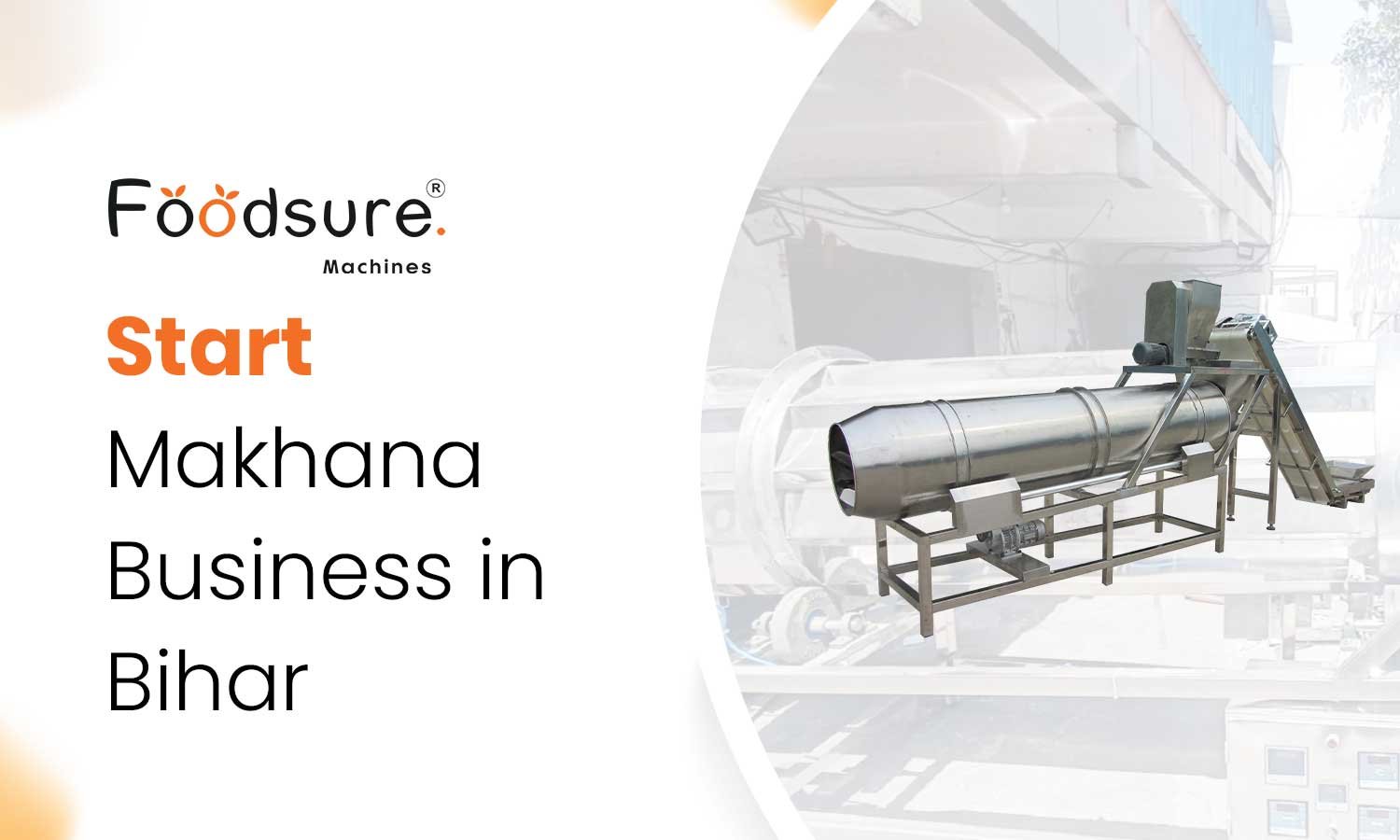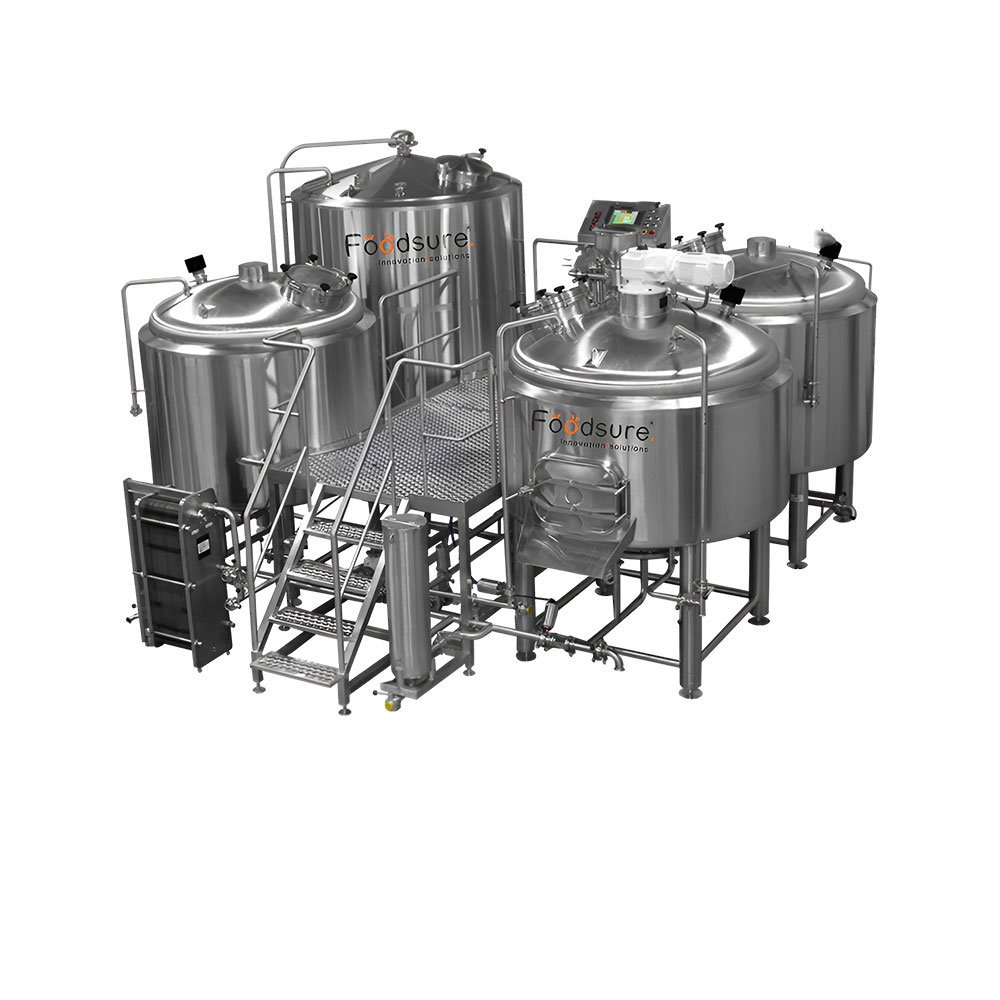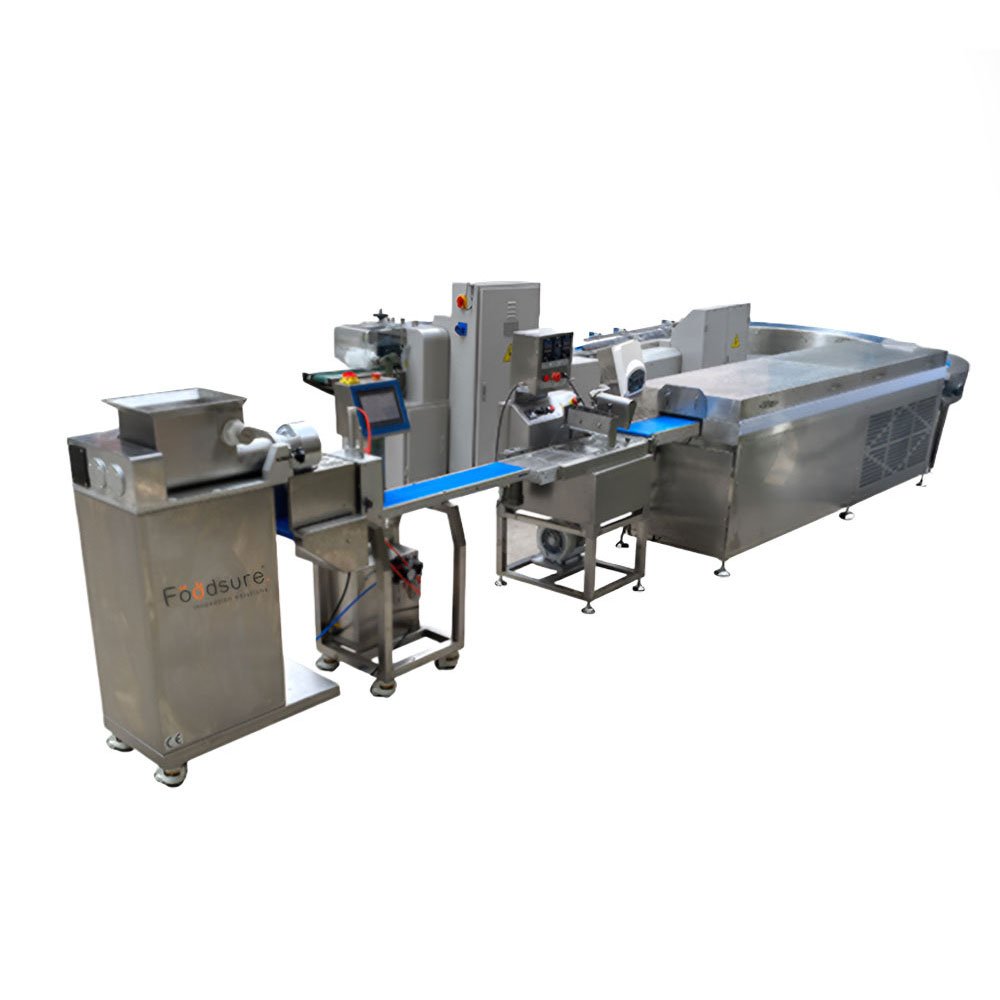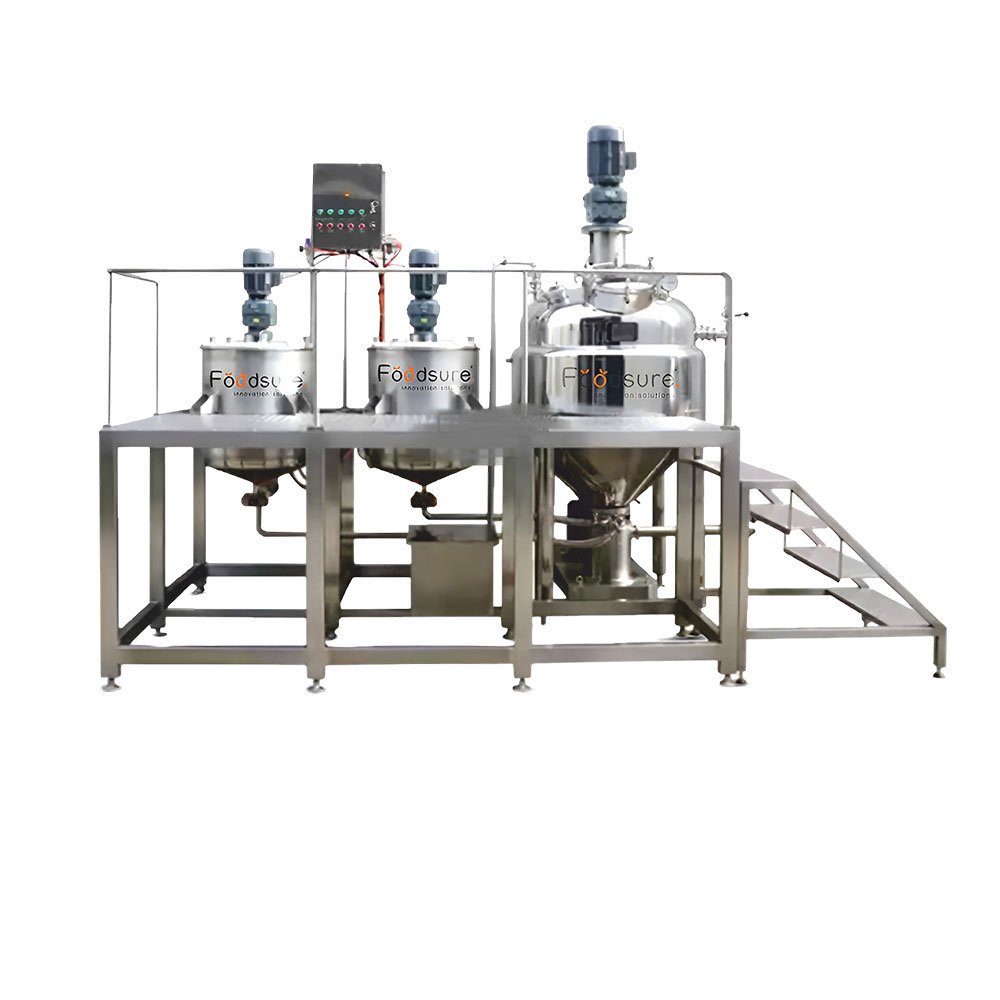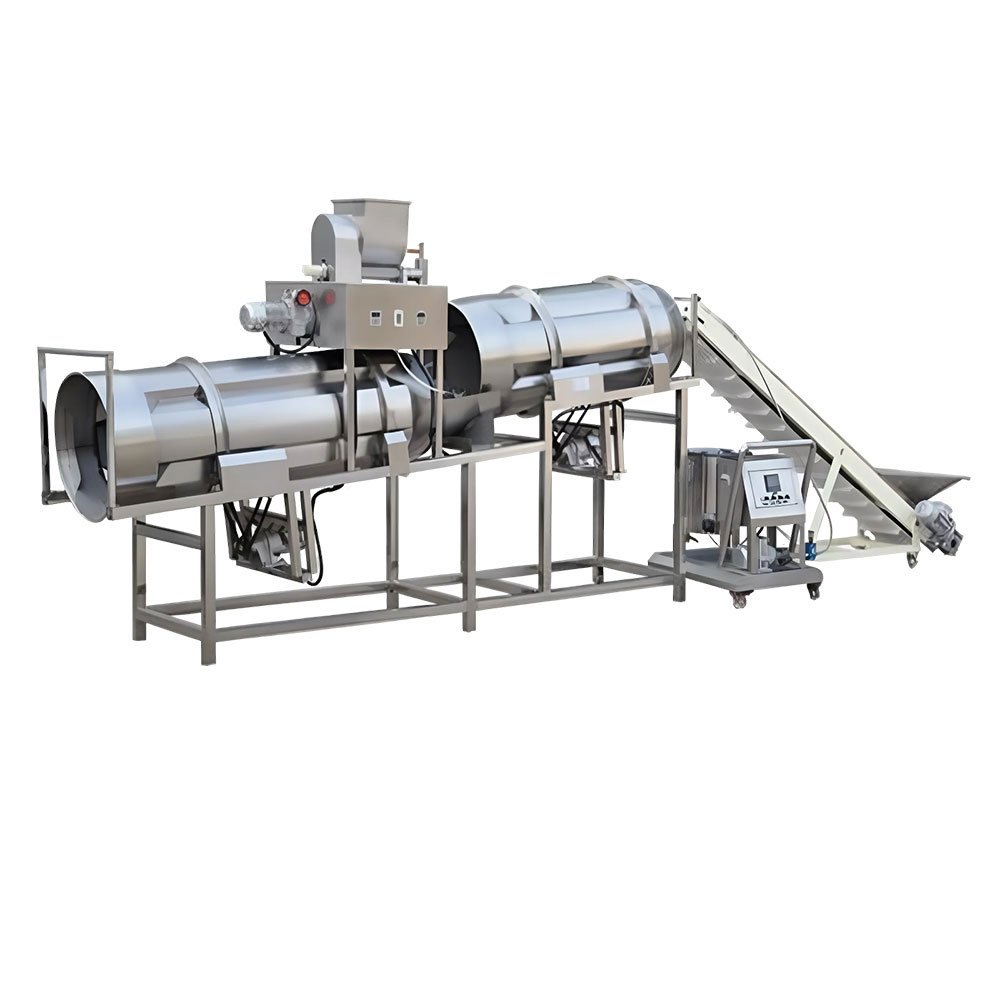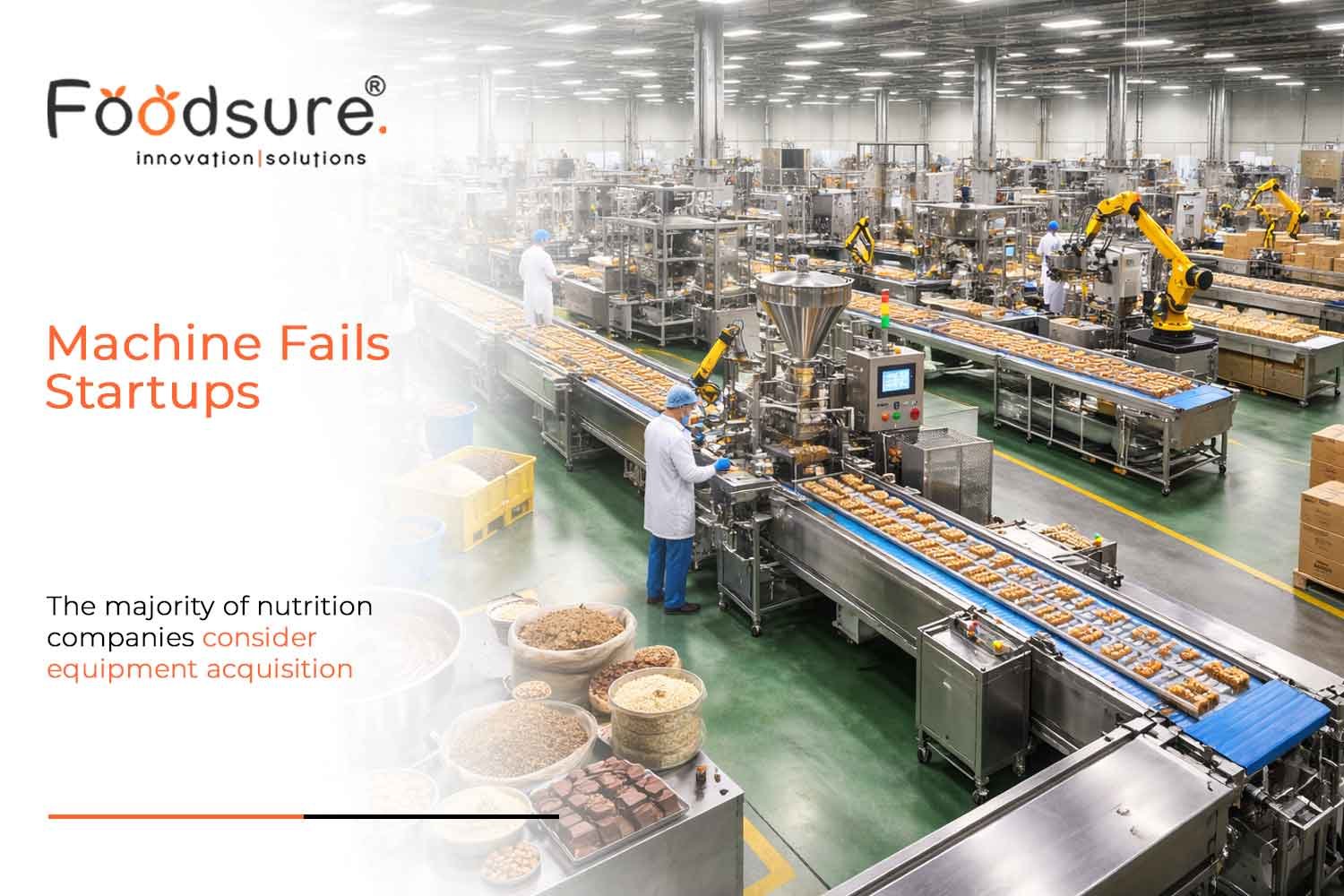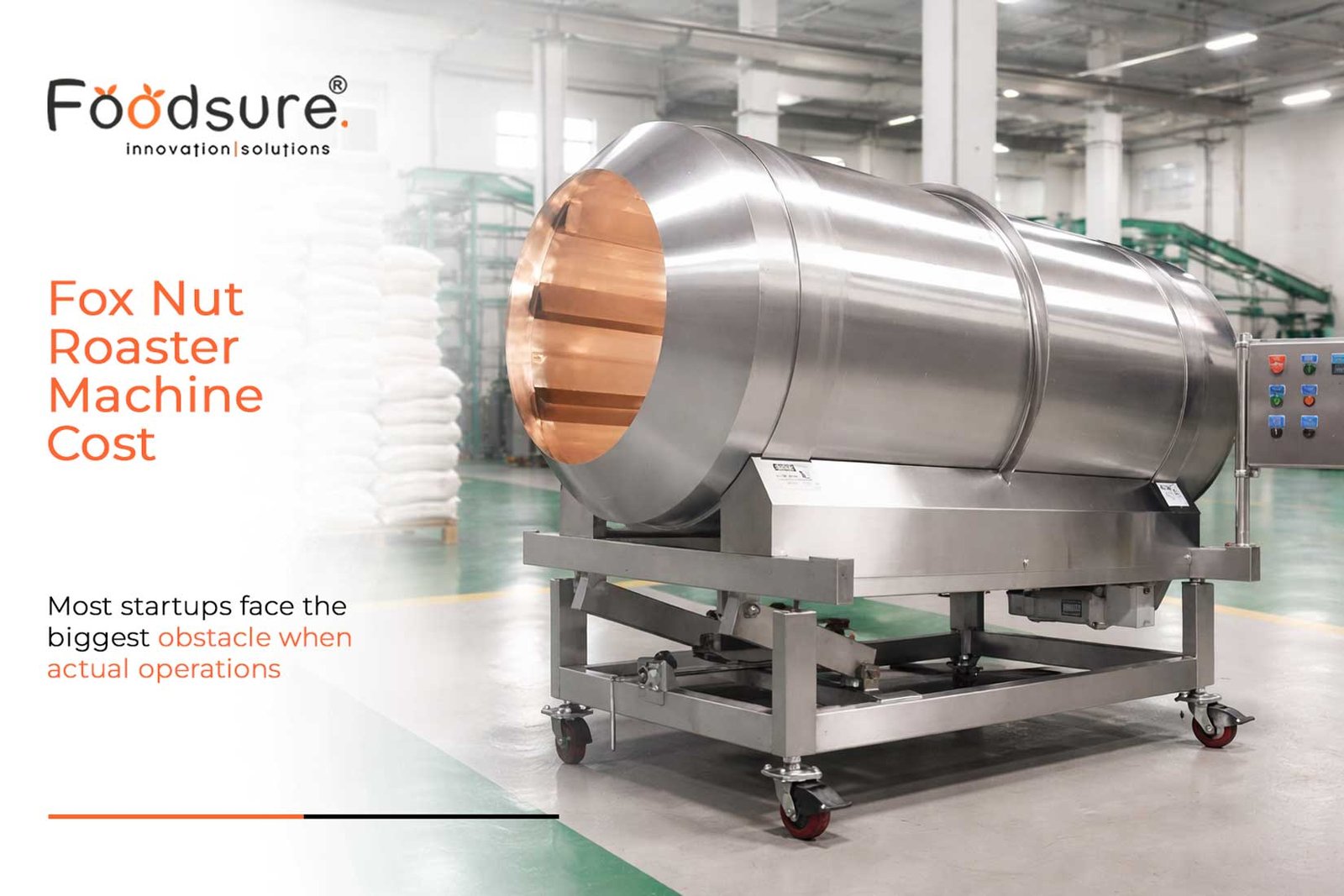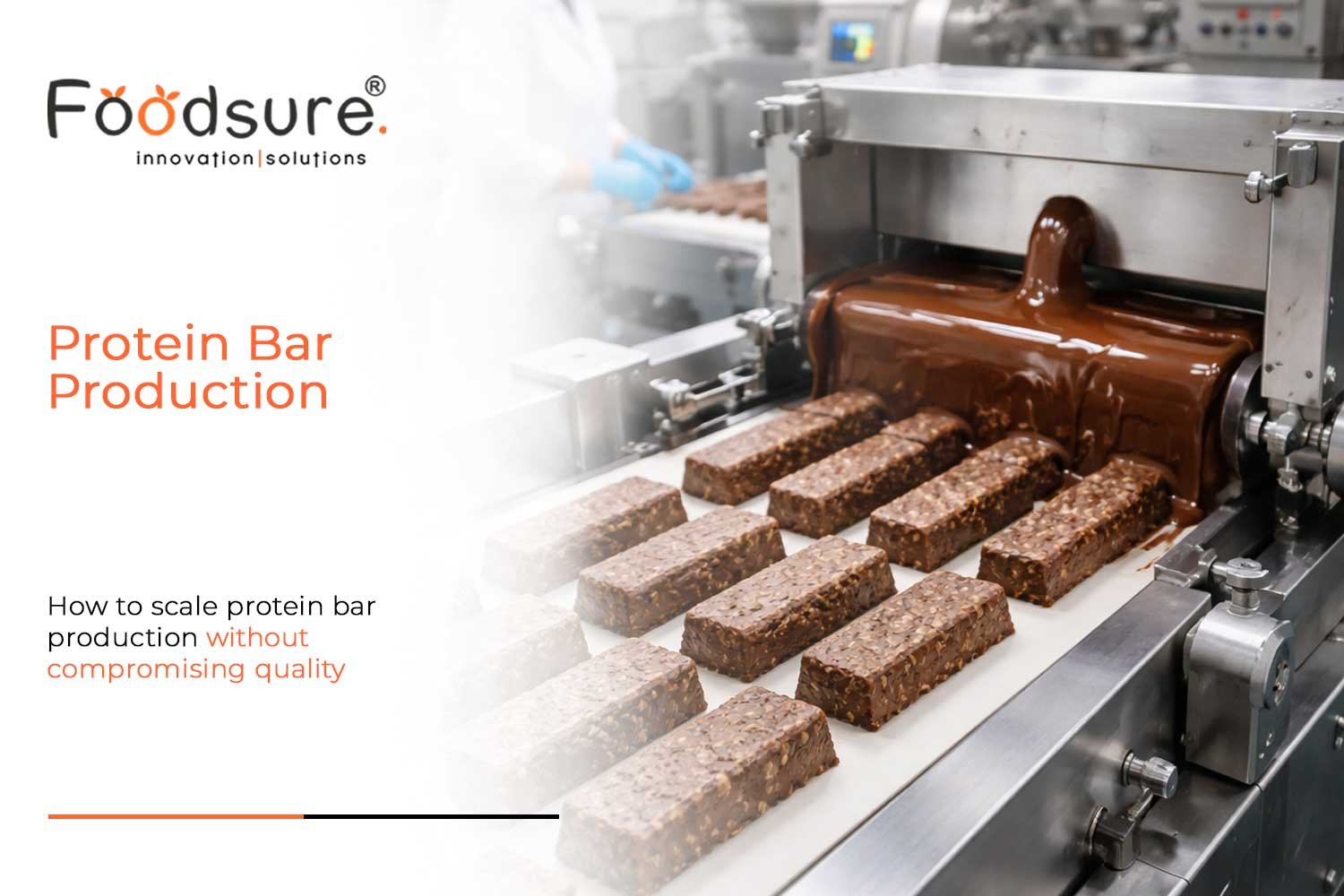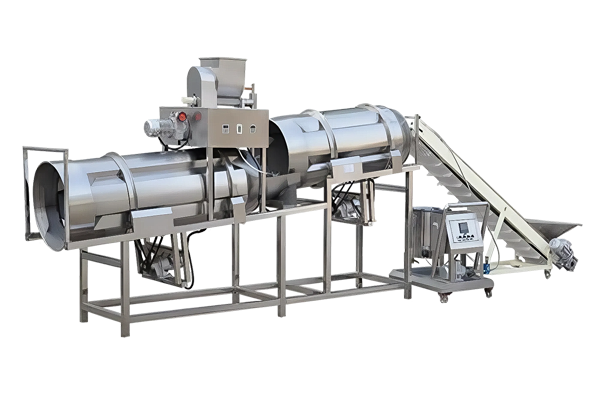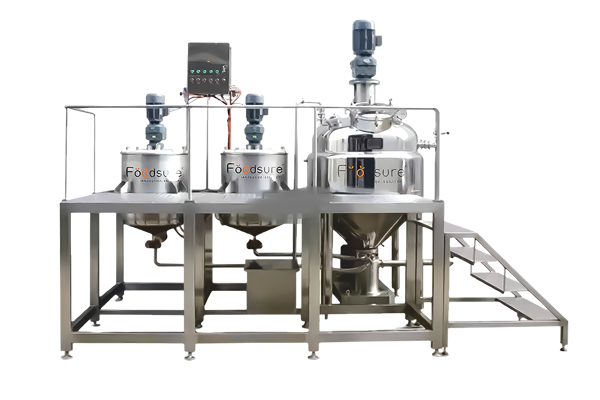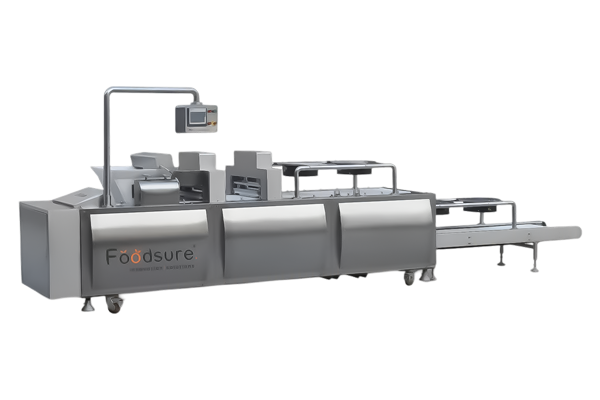A Bihar-based FPO turned a ₹3 lakh start makhana business in Bihar setup into a solid profit. Earlier, slow manual processing led to losses and missed demand. With a small local unit, they started roasting, drying, and packing on time, cutting waste, and selling ready-to-eat makhana. Every member earned more. What this proves: affordable makhana machinery for rural units, not massive factories, is powering real growth in rural food businesses.
Why Old Makhana Methods Keep Rural Profits Stuck
What this really means is simple: old methods keep profits low and effort high. The right commercial makhana processing equipment for villages changes that. Here’s what better looks like in practice:
-
Manual Roasting
Roasting makhana by hand over open flames leads to uneven puffing, burns, and constant smoke exposure. It’s slow, risky, and hard to scale.
-
Hand-Packing & Grading
When seeds are sorted and packed by hand, sizes get mixed, hygiene slips, and selling prices drop. No consistency means no buyer trust.
-
Slow Sun-Drying
Drying seeds in the sun takes days and depends on the weather. One rainy spell can ruin an entire batch and stall production for weeks.
-
High Waste, Low Profits
These roadblocks in commercial makhana processing equipment for villages create too much waste, block access to premium markets, and keep rural incomes stuck.
Read: Why Every Makhana Unit Needs A Precision Grading System
How Compact Machines Are Flipping the Script on Village Processing
These compact start makhana business in Bihar are making right where people live. With basic training and under ₹6 lakh investment, even small SHGs or local groups can take care of roasting, grading, and flavoring, packing all in one setup. The India makhana market size reached INR 8.5 Billion in 2024. Looking forward, IMARC Group expects the market to reach INR 19.6 Billion by 2033, exhibiting a growth rate (CAGR) of 9.22% during 2025-2033. A daily capacity of 100–200 kg means they are not just producing more, they are meeting actual demand with a product that sells.
What this really means is: less waste, more output, and income that stays in the village. The affordable makhana machinery for rural units runs on regular electricity, doesn’t need skilled operators, and is often shared between families. It’s not a side hustle, it’s a real food business that works.
Build a Profitable Makhana Unit in Bihar for Under ₹6 Lakh
What it comes down to is that how to start makhana business in Bihar doesn’t need a massive factory. They need to buy makhana processing machine in Bihar with a clear plan, and a makhana processing plant cost they can actually work with.
| Item | Approx. Cost (INR) |
|---|---|
| Roasting Machine | ₹1,50,000 – ₹2,00,000 |
| Flavoring Drum | ₹75,000 – ₹1,25,000 |
| Packaging Machine | ₹1,25,000 – ₹1,80,000 |
| Grading/Sorting Machine | ₹90,000 – ₹1,50,000 |
| Total Setup Cost | ₹4.5 to ₹6.5 Lakh |
| Govt Subsidy (Up to 35%) | ₹1.5 to ₹2.2 Lakh |
| Net Investment | ₹3 to ₹4.5 Lakh |
Want exact pricing for your village unit? Get a Custom Quote →Contact Us
The Madhubani Model: How One FPO Turned ₹3 Lakh into a Thriving Brand
- The Mithilaraj Krishak Producer Company in Madhubani didn’t wait around for miracles. With just ₹3 lakh, they brought together 700 farmers and built something real, a makhana production machine for local startup brand that scaled from 2 tons a year to 150. They used simple, practical commercial makhana processing equipment for villages to roast, grade, and pack locally. That alone raised the quality and shelf life, and made bulk orders easier to fulfill.
- Then they went further. Instead of just selling raw makhana, they started making powder and sweet products with more value per kilo. With government support and a smart push at trade fairs, they built visibility and demand. The result? Better incomes, local jobs, and start makhana business in Bihar that actually works. This is what transformation looks like when people organize, use the right tools, and focus on results
These Small Machines Power Real-World Makhana Production
If you are building a small makhana unit, you need the start makhana business in Bihar that delivers without a fuss and with no gaps. Below is a quick look at what each makhana manufacturers in bihar can handle, so you can plan with clarity.
| Machine | Capacity | Power | Material | Output/hour |
|---|---|---|---|---|
| Roaster | 50–100 kg | 3–6 kW | SS304 | 40–80 kg |
| Flavoring Drum | 50 kg | 1–2 kW | SS304 | 1 batch/10–15 min |
| Packing Machine | 20–60 pouches/min | 1.5–2 kW | MS/SS | 60 pouches/min |
| Grader | 3–4 grades | Manual/Auto | SS Frame | 50–70 kg/hour |
Government Schemes That Actually Help You Launch and Scale
Most makhana processing machine for small business miss out on support simply because no one breaks it down clearly. But these schemes can actually cover a large share of your setup cost, if you use them right. Here’s how they add up:
-
PMFME Scheme:
It covers up to 35% of the project cost (max ₹10 lakh). It also helps buy a makhana machine for rural entrepreneurs, set up units, and market products. Also, with the support of SHGs with early investment and FPOs with infrastructure and marketing support.
-
ODOP (One District One Product):
Gives focused support to makhana-producing districts. Helps with a better makhana processing machine for small business for packaging and marketing to increase local sales and exports.
-
MSME Scheme:
Makes it easier to get loans and adopt better tech. Useful for improving the makhana processing machine for small business without running into funding challenges.
-
FPO Support:
FPOs can access subsidies and grants to set up shared roasting, grading, or packaging units, reducing costs and improving output.
-
Food Processing Loans:
Offers affordable credit with flexible terms for buy makhana processing machine in Bihar with equipment, funding operations, or expanding capacity.
Need help applying? We’ll guide you. Contact Us →
Smart, Rural-Ready Machines That Work Where Bihar Farmers Are
At Foodsure Machines, we build equipment that fits how best makhana machines for rural entrepreneurs actually work. Energy-efficient, high-performing, easy to operate. Our makhana manufacturing machine handle roasting, grading, polishing, flavoring, and packaging, modular enough to grow with your business. We train your team at setup, cover maintenance basics, and stay available when you need support. Replacement parts are easy to get. Help is quick. If you are serious about scaling makhana without constant tech trouble, we’re here to make it manageable. Get the right machine setup built for village entrepreneurs.
FAQ
1. How are affordable machines actually helping farmers in Bihar?
They are speeding up roasting, grading, and packing. Less waste. Fewer people. More consistent quality. That means more finished product, ready to sell at better rates.
2. Can small groups or SHGs really make this work?
Yes. You don’t need a big factory. Even 3–4 people can run a basic unit. The machines are designed for small setups and don’t need advanced skills to operate.
3. What difference does better processing make to income?
A huge one. When your makhana looks cleaner, tastes better, and lasts longer, buyers pay more. That extra ₹30–₹50 per kilo adds up fast.
4. Is the government actually supporting this shift?
Yes, and not just on paper. There’s real money on the table—subsidies, loans, training, and schemes like PMFME and ODOP that directly help FPOs and rural entrepreneurs set up shop.
5. How do I start a makhana business in Bihar?
Begin by sourcing quality raw makhana, setting up processing, and getting basic licenses.
6. Is starting a makhana business in Bihar profitable?
Yes, it’s highly profitable due to Bihar’s strong supply chain and rising national demand.
7. What is the price of 1 kg makhana when starting this business in Bihar?
Wholesale prices usually range between ₹450–₹900 per kg depending on quality.
8. Which license is needed to start a makhana business in Bihar?
You mainly need an FSSAI license plus GST registration.
9. What is the cost of 100 g makhana in the Bihar market?
Retail packs typically sell for ₹45–₹120 depending on brand and grade.
10. Which district in Bihar is most famous for makhana production?
Madhubani is widely known as Bihar’s most famous makhana district.
11. Can I start a small makhana-based café in Bihar with 1 lakh?
Yes, a mini makhana-snack café is possible with a lean setup under ₹1 lakh.
12. Which are the top 3 makhana-producing districts in Bihar?
The leading districts are Madhubani, Darbhanga, and Sitamarhi.

